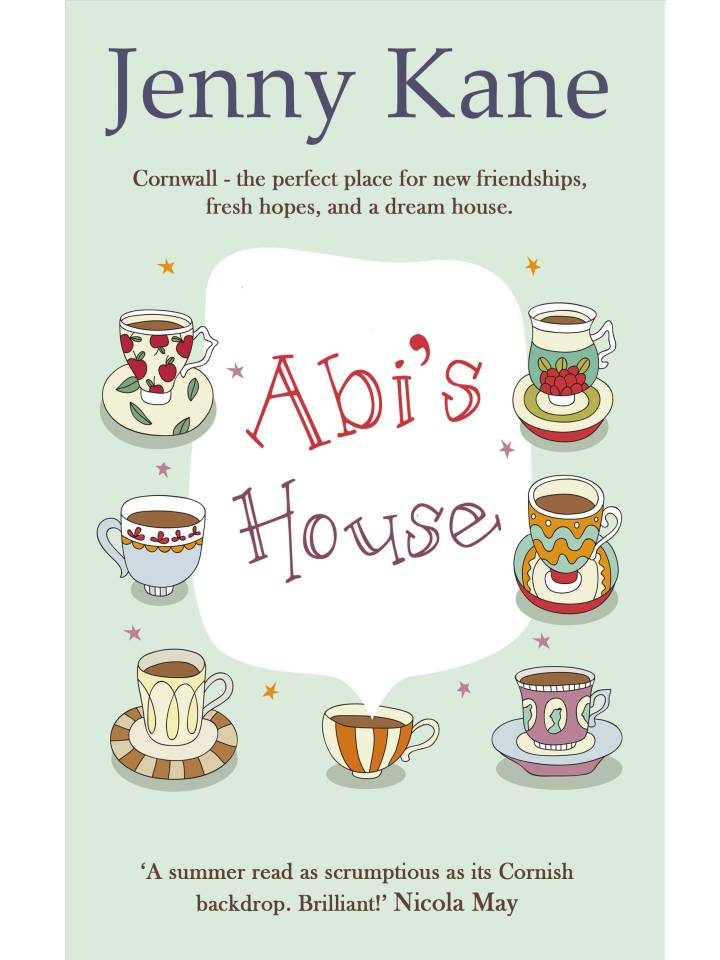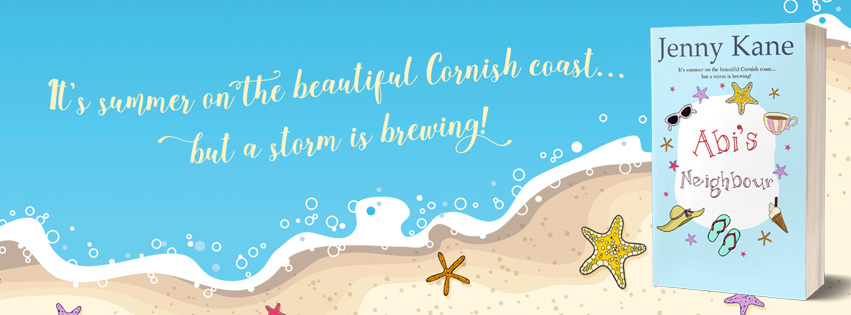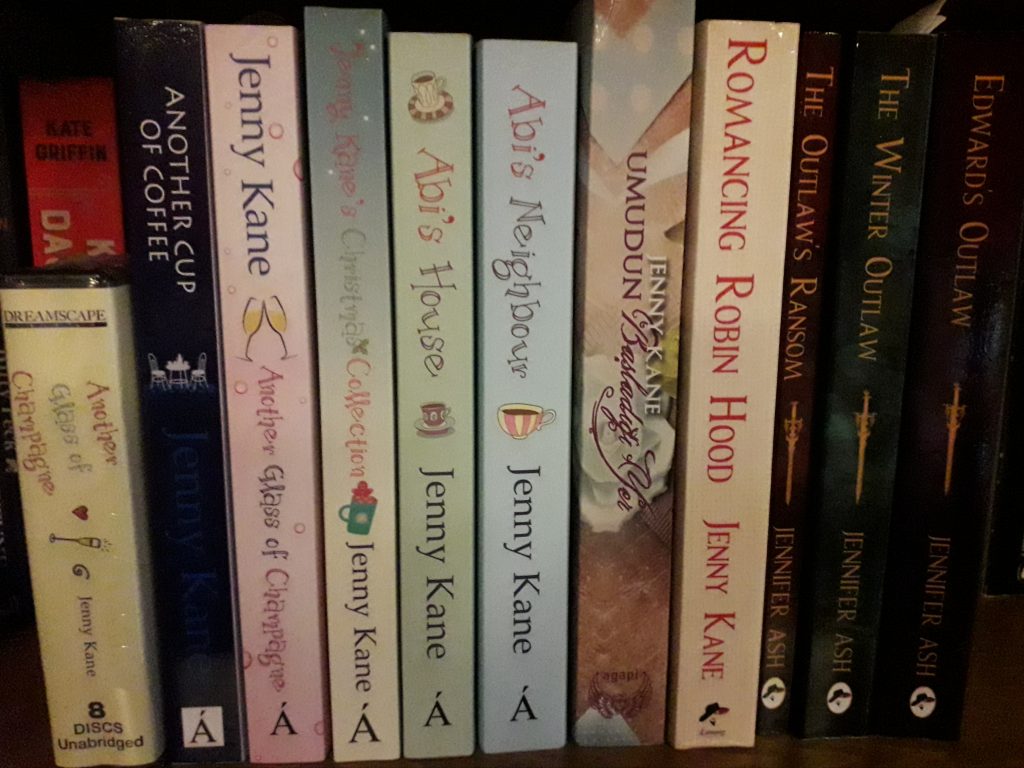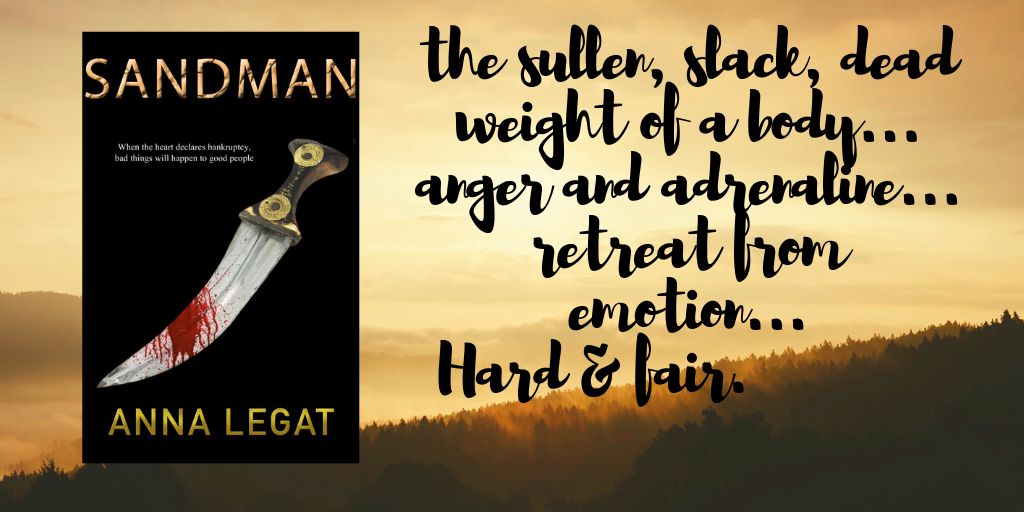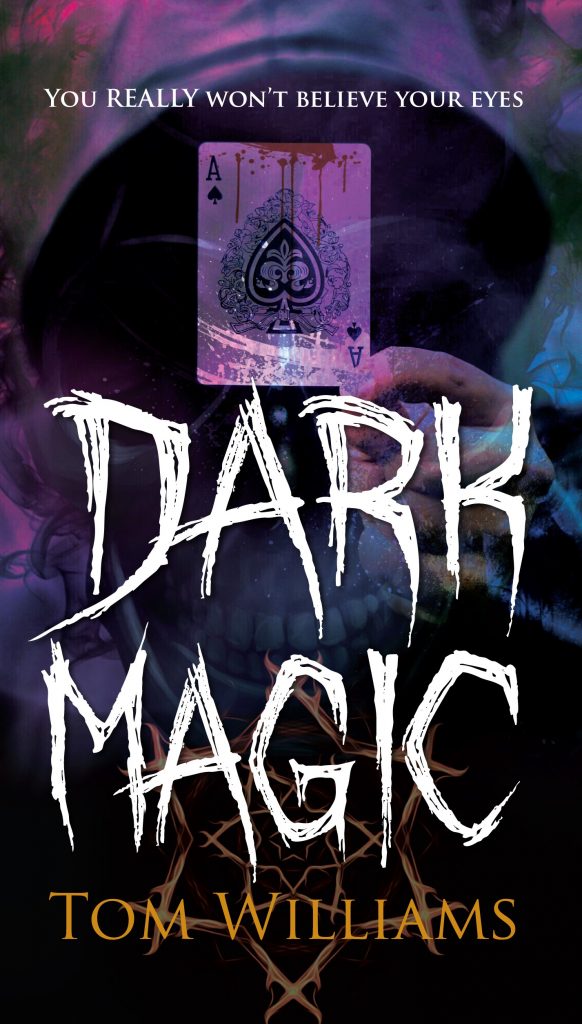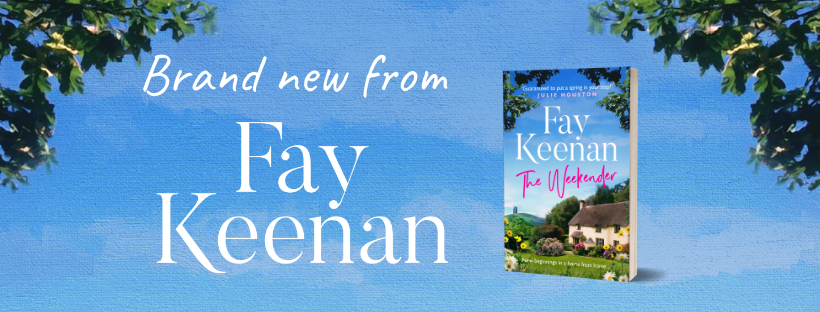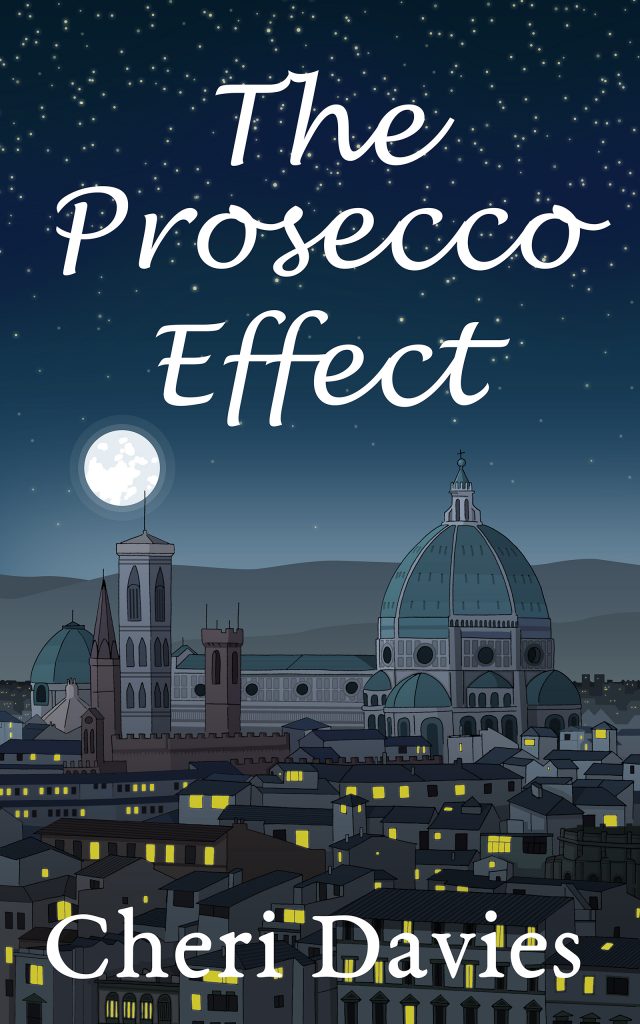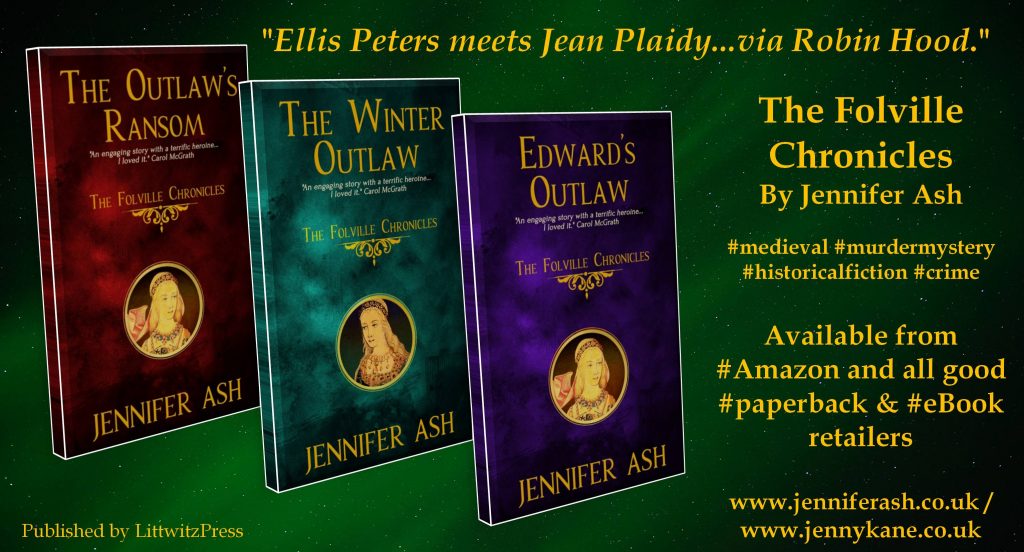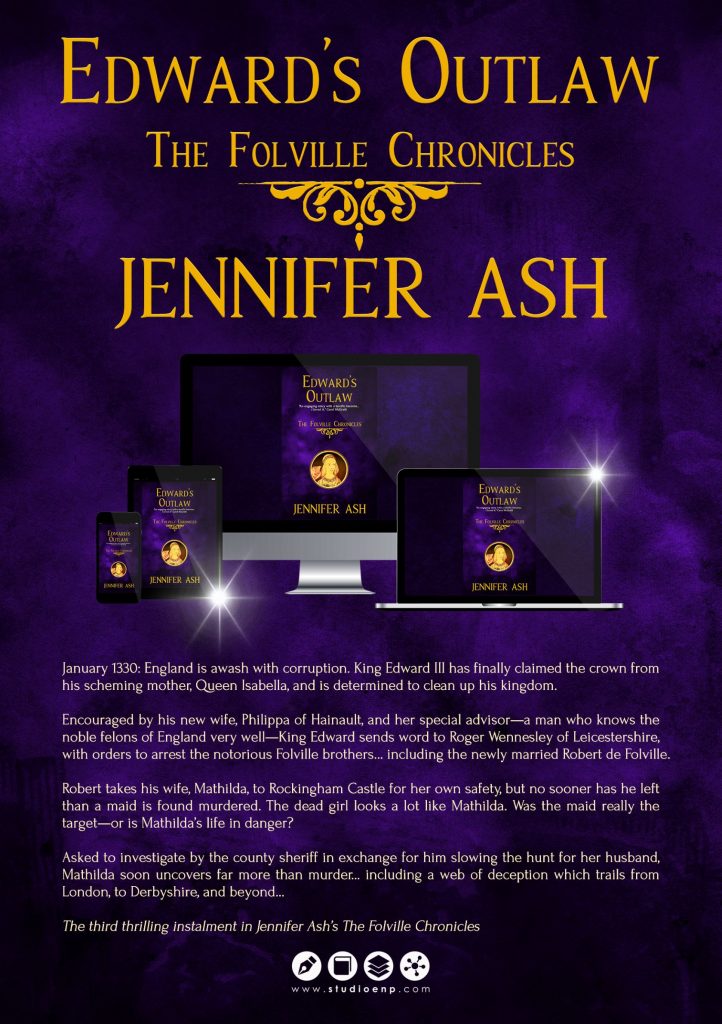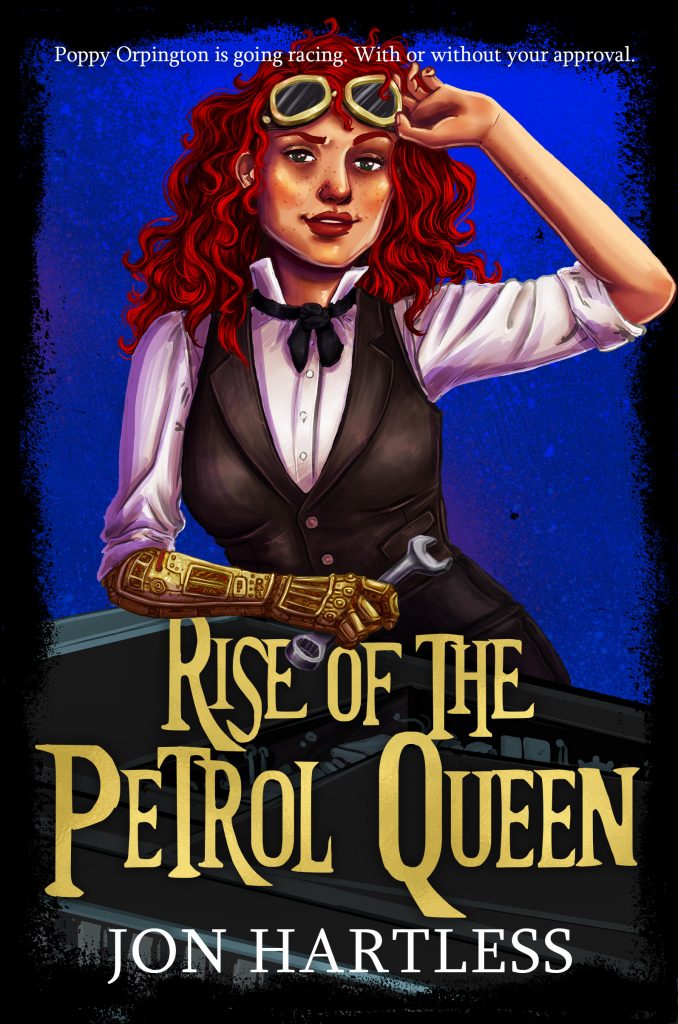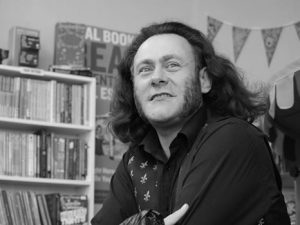Today I’m delighted to welcome Jane Risdon back to my place- although I fear we should be wary.
She’s talking about her criminal mind!
Over to you Jane…
Jenny, many thanks for inviting me to share some of my experiences with you and your followers today. It is so generous of you and I really appreciate the opportunity.

I’ve a criminal mind. At least my readers must think I have. I must admit I wonder about myself. Where do all my murderous ideas come from when on the outside I seem quite normal? I think I’m normal but, hey, they say you’re the last to know if you’ve lost your marbles.
If you’re reading this and are of a delicate disposition go and make a cup of tea, swing from a chandelier or just pretend I’m not here. Things might get a little hairy because I am going to discuss murder. Just kidding. It’s sanitised.
Some of you may have come across me through the novel I co-wrote with Christina Jones, Only One Woman (Headline Accent), set in the 1968/69 UK music scene and at its heart there’s a love triangle. Forget love and all things nice. I’m not going there, although I’m sure you know that most murders are committed by a close relation or friend. Just saying – that cuppa seems tempting now, I bet.

Crime, thrillers, and espionage novels have always rung my bells, even from a very young age. I guess I love adventure and when young I read all the adventure stories such as ‘Kidnapped,’ ‘The Secret Seven,’ and books like that. Reading a ‘girlie,’ book never crossed my mind, although I admit to having read and loved ‘A Swish of the Curtain,’ by Pamela Brown. Somewhere deep down I knew I was going to be the next Prima Ballerina or an Oscar-winning actress – delusions of being a thespian have never left me. I imagine that is why I eventually worked in the international music business – those who can do, and those who can’t help others to achieve their dreams.

Capitol Records Building
The entertainment business is in my DNA, although whose DNA kicked started those ambitions I’ve no idea. My family is devoid of such rebels and subversives (the Mater’s viewpoint), and thespianism – still legal last time I looked – comes from my husband’s side – he’s a musician. His mother was quite a looker in her day and a member of an Aqua ballet (synchronised swimming) show. His father was a crooner (singer) and his brother is an actor. Actually ‘himself’ has acted a lot too, mostly in India where he’s appeared in many movies and television series alongside some of the Bollywood Superstars. He has been known to be ‘recognised’ in the street by Indians who watch hours upon hours of cinema. His great aunt, Elizabeth Risdon, was a famous Hollywood actress and starred in over one hundred movies with stars such as John Wayne, Cary Grant, and Lupe Velez, the Mexican Spitfire, to name a few. I guess thespianism has rubbed off on me. My husband says I’m a bit of a thespian at times. I cannot argue.
https://en.wikipedia.org/wiki/Elisabeth_Risdon
The chances of becoming an actress or a prima ballerina became ever more remote the older I got and eventually I settled for The Diplomatic Service – better known as the Foreign and Commonwealth Office in Whitehall. Although by then I was dreaming of being a writer. And, reading some of the archived files at the FCO really fed my imagination. Thespians are rife in the Service: all those spies pretending to be someone and something else. The files were a treasure-trove for a would-be writer.
To be accepted by the FCO (back then) one had to be Positively Vetted (PV) for security reasons. I won’t bore you with the details but suffice to say they turn you, your family, and friends inside out probing your lives and even the lives of distant long dead relatives. You get a thorough going-over. My then boyfriend – now husband – found the intrusion into his life and his family a bit much, especially being a musician and very anti-establishment back then.

Old New Scotland Yard
Now, what the heck has this to do with crime I can hear you yelling? I’m getting there, keep your hair on. At that time the Old Scotland Yard building on the Victoria Embankment was one of seventeen FCO buildings in London and I worked there in Personnel ‘looking after,’ the Ambassadors, various Embassy staff and families around the world. It was the height of The Cold War and the IRA were being a bloody nightmare.
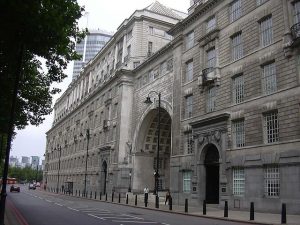
MI5 Building- Thames House
Espionage and intrigue was everywhere. One hundred plus Russians were expelled for spying in a ‘tit-for-tat’ with The Soviet Union at the time. Oh the excitement. My department handled the ‘personal’ side of all this.
https://www.mi5.gov.uk/the-later-cold-war
One of those responsible for my PV was a Commander from Special Branch called Ferguson-Smith (see his info below) who was responsible for capturing Soviet spies, Peter and Helen Kroger (aka Morris and Lona Cohen) in 1961.
https://www.bbc.co.uk/news/magazine-29985359
https://www.mirror.co.uk/news/real-life-stories/ferguson-smith-special-branch-brought-2296496
He told me about the Krogers and of course my imagination went wild. I was a great fan (still am) of John Le Carre and Frederick Forsyth so imagine my excitement; real life spies and I knew their spy-hunter.
As I said, I was allowed to read files from the archives and another infamous and possible spy scandal was what came to be known as ‘The Profumo Affair’. Christine Keeler and Mandy Rice-Davies were ‘good-time’ girls involved with a government minister, John Profumo, the Secretary of State for War. Imagine having all that sex and intrigue at your fingertips when still in your teens, being an avid reader and would-be author; all mentally filed away for a future time.
https://www.britannica.com/event/Profumo-affair
Geoffrey Jackson, Ambassador to Uruguay, was kidnapped by Tupamaros guerrillas in 1970 in Montevideo, and was held for eight months during which time I and my colleagues in my department were working the personnel side of things. At night I’d go home to my guitarist boyfriend and his band and I wasn’t allowed to tell him or anyone anything. I was fit to burst.
http://news.bbc.co.uk/onthisday/hi/dates/stories/september/9/newsid_3634000/3634352.stm
I won’t bore you with other government departments I’ve worked for, it is quite a list. In the early days of marriage to my musician husband someone had to be the steady earner and hold the fort whilst he trotted off to exotic locations on tour and mixed with the ‘jet set,’ as they were called back then. Mind you, the Red Shoes Ballroom in Elgin was hardly exotic although everyone who was anyone has played there. It was only one of many ‘must play,’ venues on the UK circuit. Hanging out with Liz and Richard Taylor in Switzerland was a bit more like it, I admit.
Later, we went into the international management of recording artists, musicians, songwriters, record producers, and the odd actor (odd, yes some were definitely that) and we placed music into movie and TV soundtracks internationally. This took us to Taiwan, Singapore, all over Europe, Canada and the USA, and of course Hollywood. Ah! Now we are getting closer to the crime part of my piece. Patience.

By this time I was reading a lot. All those hours on the road and in recording studios had to be filled when not actually doing anything myself, so crime novels kept me out of mischief. I got hooked on Patricia Cornwell and Kathy Reichs, as well as many others. Their knowledge of crime scene detection and forensic science fascinated me. It perked my curiosity.
There are many legends in the entertainment business and not just the artists. The managers, the heads of record companies, and movie studio supremos are just as interesting as the artists they work with, including Clive Davis and Tommy Mottola who signed and nurtured the careers of singers such as Whitney Houston and Mariah Carey, for example. Fascinating characters.
https://collider.com/clive-davis-documentary-interview-soundtrack-of-our-lives/
https://en.wikipedia.org/wiki/Tommy_Mottola
And then there are those who are notorious for many other reasons. Those who were criminals or involved with the criminal underside of the music business. Their crimes are legendary and have been written about time and again. There were also ‘heavies’ in the business and you need look no further than Don Arden (father to Sharon Osborne) who managed so many of the huge artists in the UK music business throughout many decades, and also Peter Grant, manager of Led Zeppelin, who changed the way musicians got paid for their gigs. I’ve met both. Do follow the links and blow your mind.
https://en.wikipedia.org/wiki/Peter_Grant_(music_manager)
Working in the music business one soon realises that everyone does business with these people daily. The first time we met a ‘legend’ in the USA we were confronted by body guards and were ‘welcomed’ to their ‘family,’ when we signed some artists to their record company and there was a gun and a base-ball bat on the lawyer’s desk as we signed contracts. I won’t mention names in case we get the horses head in the bed or the concrete boots to swim with. But, there are some seriously dangerous dudes out there and I think we have met and done business with many of them. Several were in the Payola scandals of the late 1970s when Pink Floyd and others were kept off USA radio stations because their management wouldn’t pay for air-time. ‘Another Brick in the Wall’ nearly collapsed sales-wise.
Books have been written about many of these all powerful movers and shakers and so far no-one has been sued for what they’ve written. Many found themselves before Grand Juries and had to take ‘The Fifth’ to avoid incriminating themselves. Others disappeared off the face of the earth without a trace. Not guilty!
https://www.stereophile.com/news/080105sony/index.html
With all this experience and our amazing connections you can see why crime writing was and is what I want to do.
I soon discovered that an interest in all things crime is not enough. I needed some background knowledge to help me write authentic and – I hope – mistake-free stories. Kathy Reichs is an author who is also a Medical Examiner, a real-life pathologist, and I love her books. It rapidly became clear to me that I needed to inform myself better so I enrolled in seven online university courses taught by the best in their field – internationally recognised tutors. I undertook six Forensic Science and Criminal Justice courses and a basic course in Archaeology to help me with my crime scenes, victim identification (even from shallow graves and a few bones and no ID) through detection and prosecution of perpetrators. Fascinating stuff. I’m not an expert but I can see what sort of weapons make cut marks on bones, how blood splatter can give so much detail about how a victim was attacked by a knife, axe or gun. Bullet hole identification, finger-print and DNA analysis, and how police interviews should be conducted – just some of the knowledge I gained to help my writing. I also studied and followed investigations of famous miscarriages of justice. Vey unsettling.
I don’t write police procedurals so you won’t find details of how an investigation works in my books. I don’t put too much blood and guts into my stories – my writing is a little different. However, it’s good to know these things in-case I stray into writing a little more detail than usual. No-one wants emails from irate detectives or knowledgeable readers shouting ‘rubbish that could never happen,’ or worse.
I’ve also made friends with a few former murder detectives and a counter-terrorism expert which has been very helpful when writing my series, ‘Ms Birdsong Investigates,’ featuring a former MI5 Intelligence Officer (still to be published), hoping to find her way back into the fold having been ‘voluntarily’ retired from the Security Services. It’s also helped with various stories I’ve contributed to in anthologies, magazines, and newsletters.
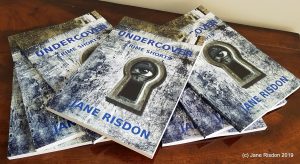
Being able to bounce stuff off of them has been invaluable especially when writing ‘Undercover: Crime Shorts,’ (Plaisted Publishing House), where my collection of short stories feature various methods of murder in everyday situations. Forensic knowledge was especially useful when devising methods of murder where I wanted the murderer to be long gone from the scene when my victims died.
You can come back now, get down from the chandelier and enjoy your tea once more without fear of reading something nasty. I’ve kept it clean. My road to writing has been an interesting one personally and my experiences have provided me with endless ideas for stories.
Every writer uses personal experiences at some point. I know Christina and I used those we shared in the 1960s when she was fan-club secretary to my boyfriend’s band, and writing ‘Only One Woman,’ was an amalgam of people, events and situations at that time. I am happy to say that murder is not something I have experienced first-hand, although as I mentioned earlier, crime and espionage has never been too far away during my various careers. Perhaps I’ve whetted your appetite and you’ll find your way to reading some of my work. That would be grand.
***
SWEET SABLE – The Red Siren
From Undercover: Crime Shorts by Jane Risdon
Chapter One
Closing the safe door quietly and with an expert spin of the dial the black-clad woman straightened up, slinging the grip with her haul over her shoulder. She stood listening intently before moving towards the office door. Again she waited, her ears straining, before gently prising the door open and stepping silently into the corridor of darkened offices. She eased the door closed calculating she had barely two minutes before the night-watchman made his rounds, trying the doors and checking the building was secure.
The woman headed for the fire escape where she’d made her entrance to the three storey building some ten minutes earlier. Gently raising the window she climbed out on to the metal staircase with the athletic grace of a ballet dancer, giving the dark alley below a quick once-over to ensure no-one was around she hastily made her way down the rusting stairs. Her tar- toned unremarkable and unmemorable automobile was parked across the street, hidden in the gloom of another narrow alleyway. Glancing at her wrist-watch – an expensive pay-off from a married lover – she knew she’d better step on the gas. She’d less than fifteen minutes to get back to the night-club, park her car at the darkest end of the outside lot, and leg it back to her dressing-room with enough time to change into her gown for her last set of the evening.
The red-head chuckled to herself as she repaired her lipstick pouting seductively at herself in the mirror, waiting for the stagehand to knock on her door with her final call. She was buzzing. She’d done it again, she’d pulled it off. It was better than any sex she’d ever had and that was saying something. She chuckled, puckered her ample lips and blew herself a huge wet kiss.
*****
As the spotlight found its mark the band-leader nodded to the scarlet-clad shapely figure who took up position in front of the microphone. Her hips swayed in time to the jazz trumpet and she took her cue. Her sultry sable-clad tones sucked her audience into her lair.
The figures outlined in the flickering candle-light adorning circular tables dotted around the smoke-hazed, expectant venue, stopped talking and turned their heads towards the elevated stage where Desi Garcia’s Syncopators went into full swing behind Sweet Sable – also known as the Red Siren – neither was her real name but no-one cared. When her song ended there was a moment’s silence before they pounded their tables shouting, ‘more, more.’
Sweet Sable wiggled her slender but shapely hips, leaned over the stage giving more than an eye-full of her full bosom on display in her tight-fitting, strapless gown and blew huge smackers into the air, aimed at no-one in particular but the full-blooded men in the audience got the message and so did their partners who silently seethed.
Her set over for the evening Sweet Sable made her way back to her dressing room, accepting compliments and congratulations on her ‘wonderful performance,’ smiling, blowing kisses and with a toss of her luxurious red mane, closed her dressing room door to keep the stage door Johnnies out. There was always a small stud congregated outside her door and gathered around the stage door following her shows. Sometimes she allowed a particularly handsome or obviously loaded guy inside who was good for a dinner or two – or for something else – if rich enough. They were ripe for the picking; such patsies.
This particular evening Sweet Sable was anxious not to have any company. She had plans and getting pawed by a fawning, slobbering man who felt ‘entitled’ after giving her dinner, was not part of them. She had to get her haul to a safe place so she could take a proper look at it before deciding what she had to do. Sweet Sable loved having options – and she had plenty.
© Jane Risdon 2019
***
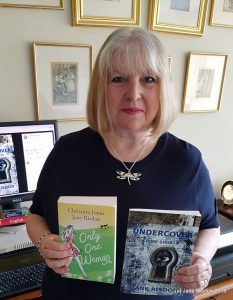
Jane with Only One Woman and Undercover: Crime Shorts
Jane’s Links:
https://www.amazon.co.uk/Jane-Risdon/e/B00I3GJ2Y8
https://wnbnetworkwest.com/WnbAuthorsShow2.html
https://twitter.com/Jane_Risdon
https://www.facebook.com/JaneRisdon2/
https://www.instagram.com/janerisdonwriter/
Buy Links:
https://www.amazon.co.uk/Jane-Risdon/e/B00I3GJ2Y8
Only One Woman: Christina Jones Jane Risdon (Headline Accent)
ISBN: (Waterstones and all good book stores) 9781783757312
ASIN: (Kindle, Tablet, Phone) BO75D88JBP
https://www.amazon.co.uk/Only-One-Woman-Christina-Jones/dp/1783757310/
Undercover: Crime Shorts (Plaisted Publishing House)
ISBN: (Waterstones etc) 9780359397839
ASIN: (Kindle, Tablet, Phone etc) BO7RFRVL4P
https://books2read.com/b/4jD0wo
***
Huge thanks Jane. What a great blog!
Happy reading everyone.
Jenny. xx

